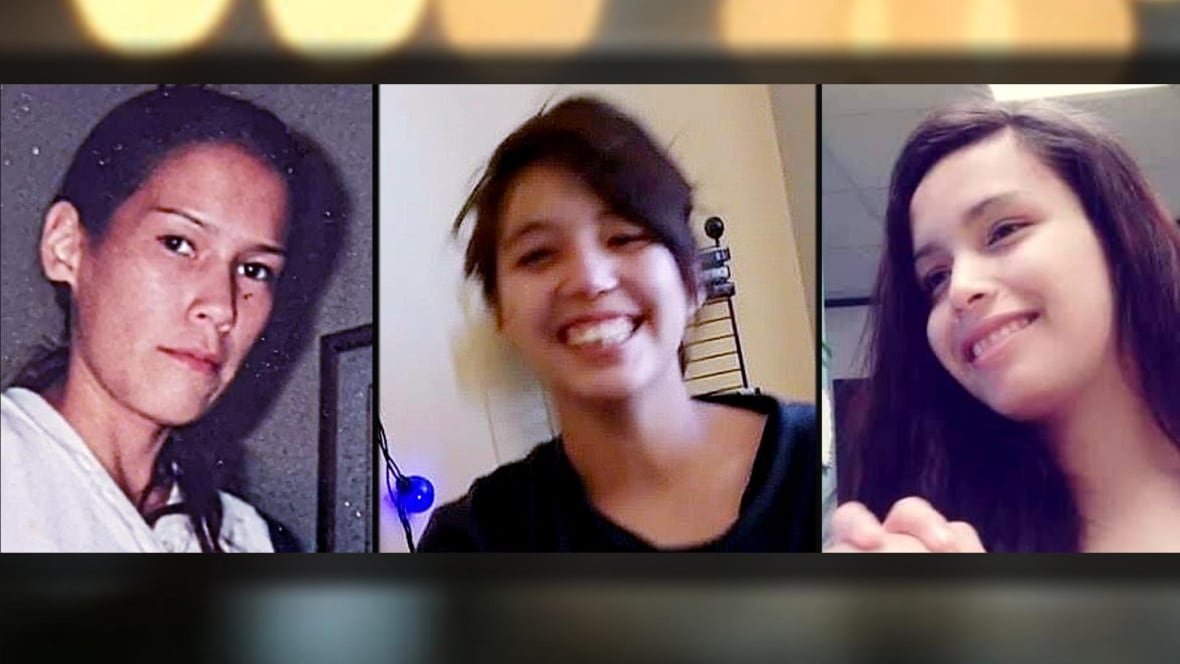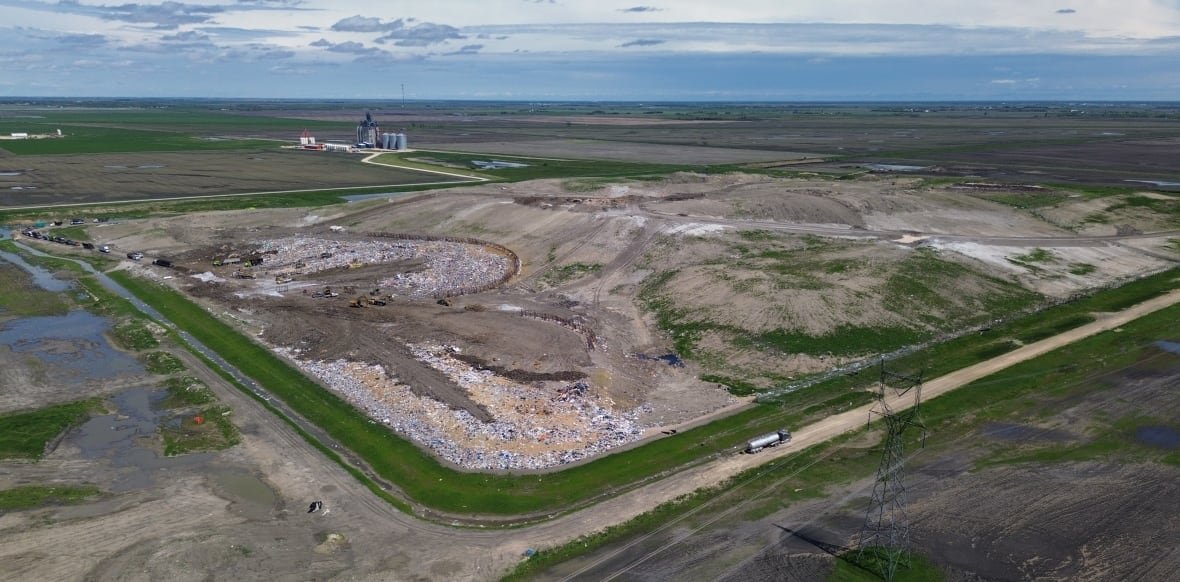WARNING: This story contains disturbing details.
Workers are expected to begin sifting through material at a Winnipeg-area landfill in December to search for the remains of two First Nations women murdered by a serial killer, provincial officials said Wednesday.
Excavators have begun moving material away from an area of the landfill where the remains of Morgan Harris, 39, and Marcedes Myran, 26, are believed to be, said Amna Mackin, the provincial assistant deputy minister leading the operation.
An environmental assessment was completed earlier this year to determine the amount of waste that will need to be removed for the search to begin, Mackin said.
Work has also started on the heated building where landfill materials will be searched through by hand, and a hydro transmission line and access road to the site have been set up.
The hope is that the building will be complete by end of November, Mackin said.
The next stage will involve searching three metres deeper in the targeted area, which is where the women’s remains are believed to be. Mackin said that phase could begin in early December.
Next week, trailers for staff involved in the search are expected to arrive, Mackin said.
The women’s remains are believed to have been taken to the Prairie Green landfill north of Winnipeg after Jeremy Skibicki killed them.

Skibicki was convicted of first-degree murder on July 11 in the killing of three First Nations women — Harris, 39, Myran, 26, and Rebecca Contois, 24 — as well as an unidentified woman who has been given the name Mashkode Bizhiki’ikwe, or Buffalo Woman, by community leaders.
The search, which could continue into early 2026, will involve sifting through garbage removed from a total area of about 100 by 200 metres — or about four football fields — to a maximum depth of about 10 metres, the province previously said.

Family expresses gratitude
Family members of the women as well as members of the media got a look at the site Wednesday alongside Premier Wab Kinew and provincial officials.
Cambria Harris, the daughter of Morgan Harris, said her family is grateful the humanitarian search is finally about to begin.
“It’s been two years that my mom has been laying in a landfill, as well as Marcedes Myran, and that’s two years too long,” she said.
“I think it’s important to acknowledge that there’s a lot of work that needs to get done but for our families, we’re finally seeing the light at the end of the tunnel.”
WATCH | Cambria Harris says families hopeful landfill search can bring closure:
Cambria Harris, the daughter of Morgan Harris, says her family is seeing ‘the light at the end of the tunnel’ with the search of the Prairie Green landfill set to begin in the coming weeks.
The provincial and federal governments each committed $20 million earlier this year to help fund the landfill search.
The province of Manitoba says it’s made significant progress toward the search of a Winnipeg-area landfill for the remains of two First Nations women murdered by a serial killer.
















